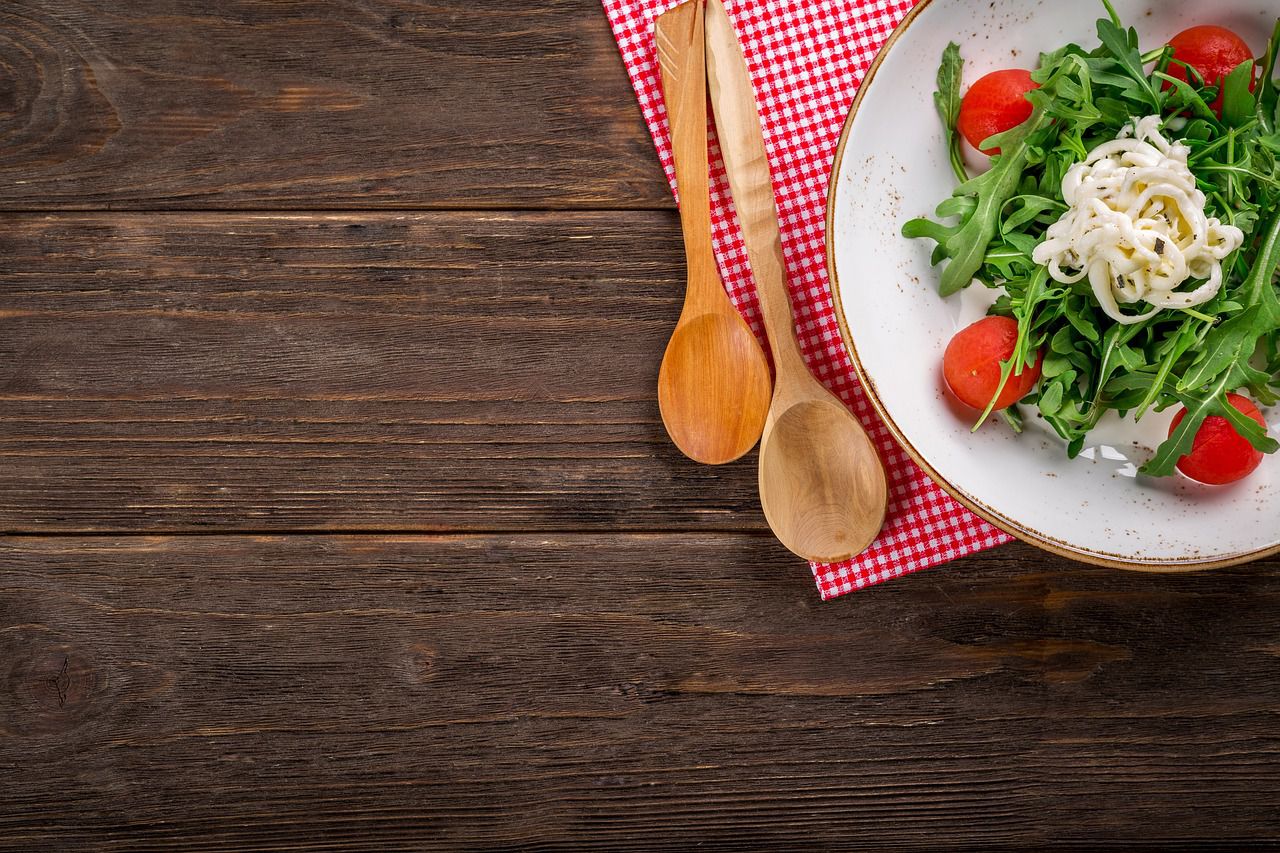Why wood isn't always good for cooking surfaces: Choose wisely
Wooden kitchen countertops are classic, and they add a certain warmth and sense of nature to every house.
At the same time, this material isn't always the most practical one.
Let's find out about its disadvantages.
Porosity
Wood is a porous material, which means it can absorb liquids, oils, and food particles. This porosity makes it more susceptible to staining and can provide a breeding ground for bacteria if not properly cleaned and maintained.
Maintenance
Wooden surfaces require regular maintenance to keep them in good condition. They need to be properly cleaned and dried after each use, and periodically treated with food-safe oils or sealants to prevent moisture absorption, warping, or cracking.

Durability
Compared to other materials like stainless steel or stone, wood is generally less durable and can be more susceptible to scratches, cuts, and heat damage. Cutting directly on wooden surfaces with sharp knives can leave deep grooves and reduce their longevity.
Limited Heat Resistance
Wood has poor heat resistance compared to materials like stainless steel or granite. Placing hot pots, pans, or dishes directly on a wooden surface can cause scorching, discoloration, and even potential fire hazards.
